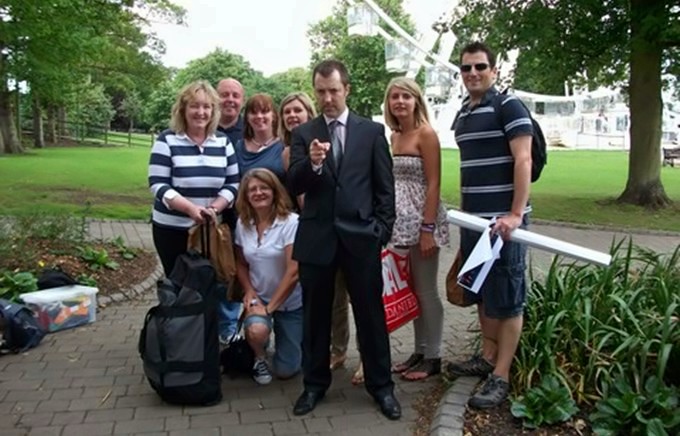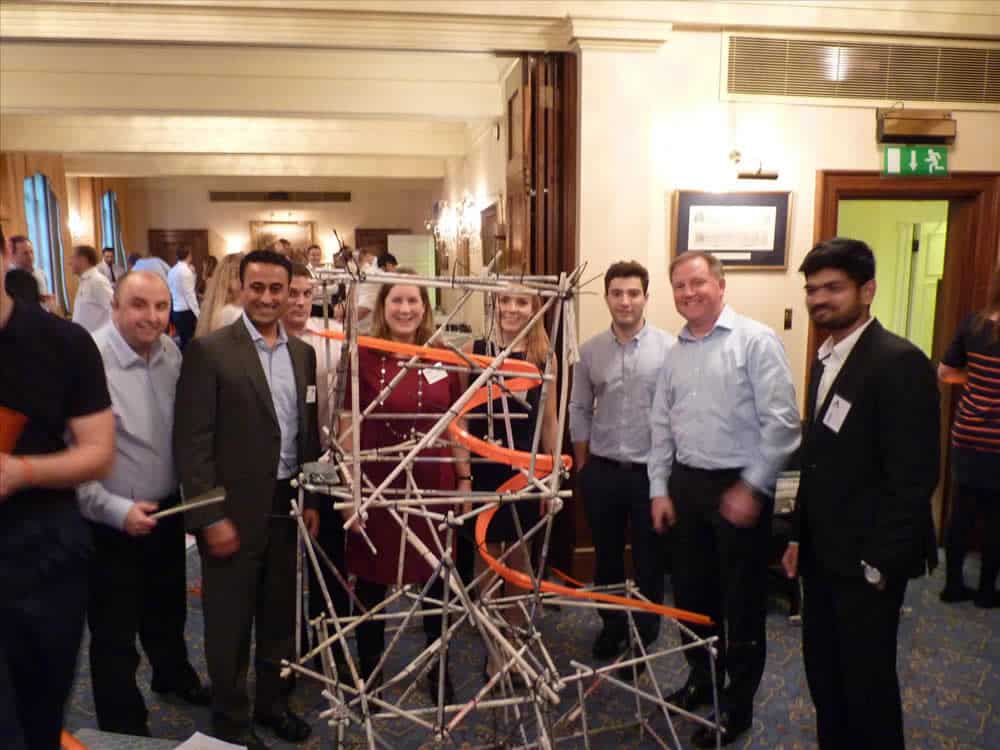So, you have been tasked with planning a team building activity for your company (you lucky thing) and you are no doubt looking around at various suppliers to see what sort of activities they have to offer. No doubt you have got a good idea of whether you want the event to be run indoors or outdoors (the time of year and weather usually helps with this decision), and you might also have an idea of the type of team building activities your colleagues would enjoy (creative, cerebral, cookery, musical, etc.). But have you thought about whether you want the event to be competitive or collaborative?
Competitive Team Building Activities

As with most team building activities, during a competitive team building activity your group will be split into a number of teams (the size of the teams will vary depending upon the activity you choose). These teams will then be in direct competition with each other throughout the event, whether it be by competing in head to head challenges, completing tasks in order to earn your team points, or outwitting your competition in the different tasks!
Competitive team building events are great fun and are perfect for certain types of teams (Sales team always seem to love competitive events), however, they aren’t for everyone. Teams that work in a competitive environment day-to-day will thrive during this type of event.
Collaborative Team Building Activities
Where competitive events require teams to compete against each other, collaborative team building activities require them to work together. You group will still be split into teams but all of these teams will be working towards a common goal.
Collaborative team events are a great choice if you are looking to promote networking and communication within your group. Teams can’t simply focus on the tasks that they are responsible for and need to appreciate what is happening elsewhere and what impact their actions have on the overall outcome of the event.
Which event is best for your team?
There is no right or wrong answer to this question.
If you are simply looking to have some fun with colleagues, then either type of event will work brilliantly. If on the other hand you have specific objectives for the event (such as improving communication between departments or integrating new team members) then think about which type of event would allow you to do this.
Although it may seem obvious, it is important to consider what kind of event will appeal to those taking part – they are after all the ones that will be completing the event. Your team is no doubt made up of a variety of different personality types and so make sure you choose a team building activity that has broad appeal. Also think about what your team do on a day-to day basis (in terms of collaboration or competition) and whether you want the event to reinforce this or be completely different.
Your chosen team building company will be able to guide you through decision making process and will provide a variety of event options to meet your brief.


